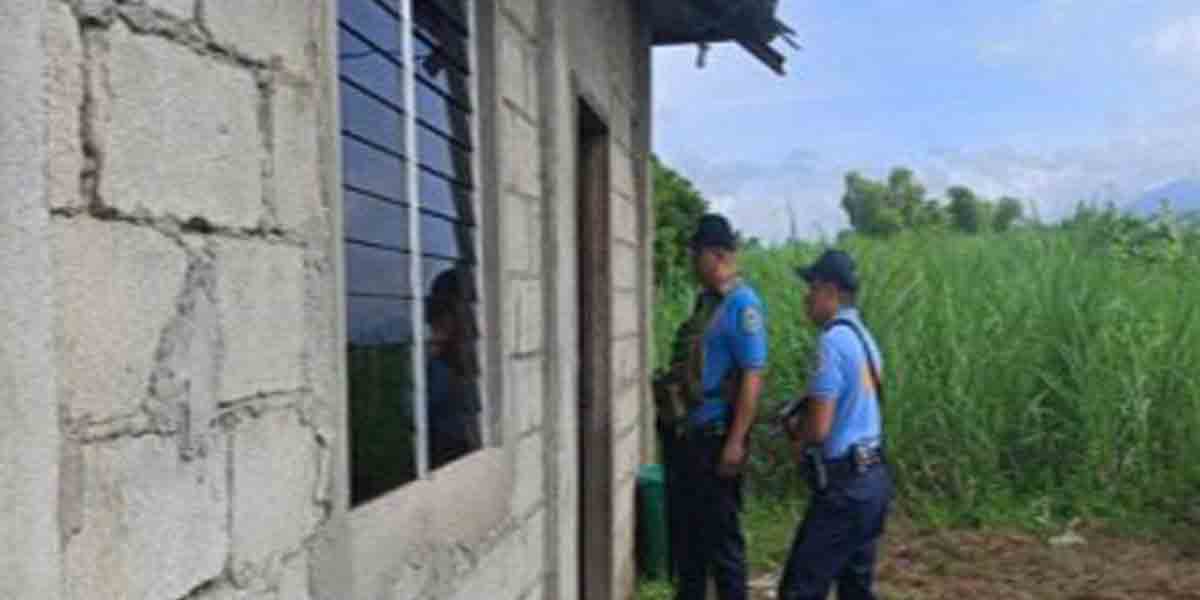The recent reduction in Iloilo City’s water supply has underscored the importance of having a reliable and diversified water resource management plan like what the local government unit implemented.
With Metro Pacific Iloilo Water (MPIW) temporarily reducing its distribution due to preventive maintenance by its bulk water supplier, over 56 barangays have been affected by water shortages.
Local and national governments play a key role in supporting MPIW by helping to develop multiple water sources. A diversified approach—incorporating surface water, groundwater, or other solutions—would help ensure that maintenance or disruptions to one source do not lead to widespread shortages. By having alternative sources available, the system can continue to function smoothly even when the primary supply is temporarily offline.
Expanding water resources doesn’t have to be a costly or complicated process. With careful planning and attention to efficiency, new sources can be developed without placing a significant financial burden on consumers.
A probable source is the Jalaur Megadam in Calinog, Iloilo which is managed by the National Irrigation Administration. The source backup in a desalination plant is also a positive aspect of bolstering our water sources.
This approach can help maintain affordability while also enhancing the city’s water security.
The episode is an opportunity for government entities to work even more closely with MPIW in developing and securing additional water sources. These new sources could be either natural or technology-driven, provided they operate independently to ensure continuous supply.
In the long term, sustainable and diversified water management strategies are key. It’s also important to consider factors like climate change and population growth when planning for the future. Initiatives like regulating the use of motor pumps and managing shallow wells could be part of a comprehensive strategy to meet the city’s water needs.
The efforts by the city government, such as the formation of the Emergency Water Task Force, are positive steps. With continued focus on systematic planning, these efforts can further strengthen the city’s resilience against future water supply challenges.

























